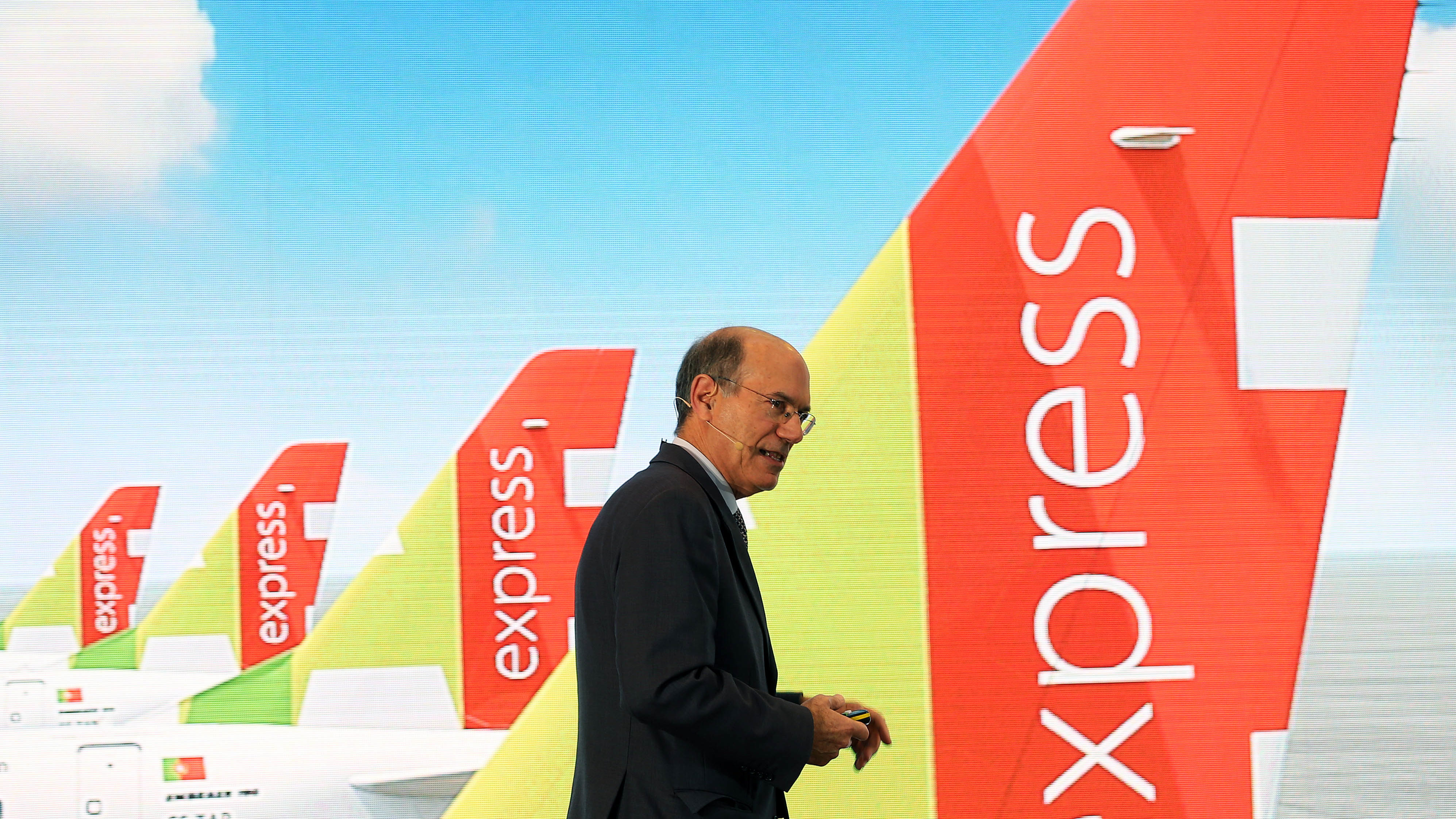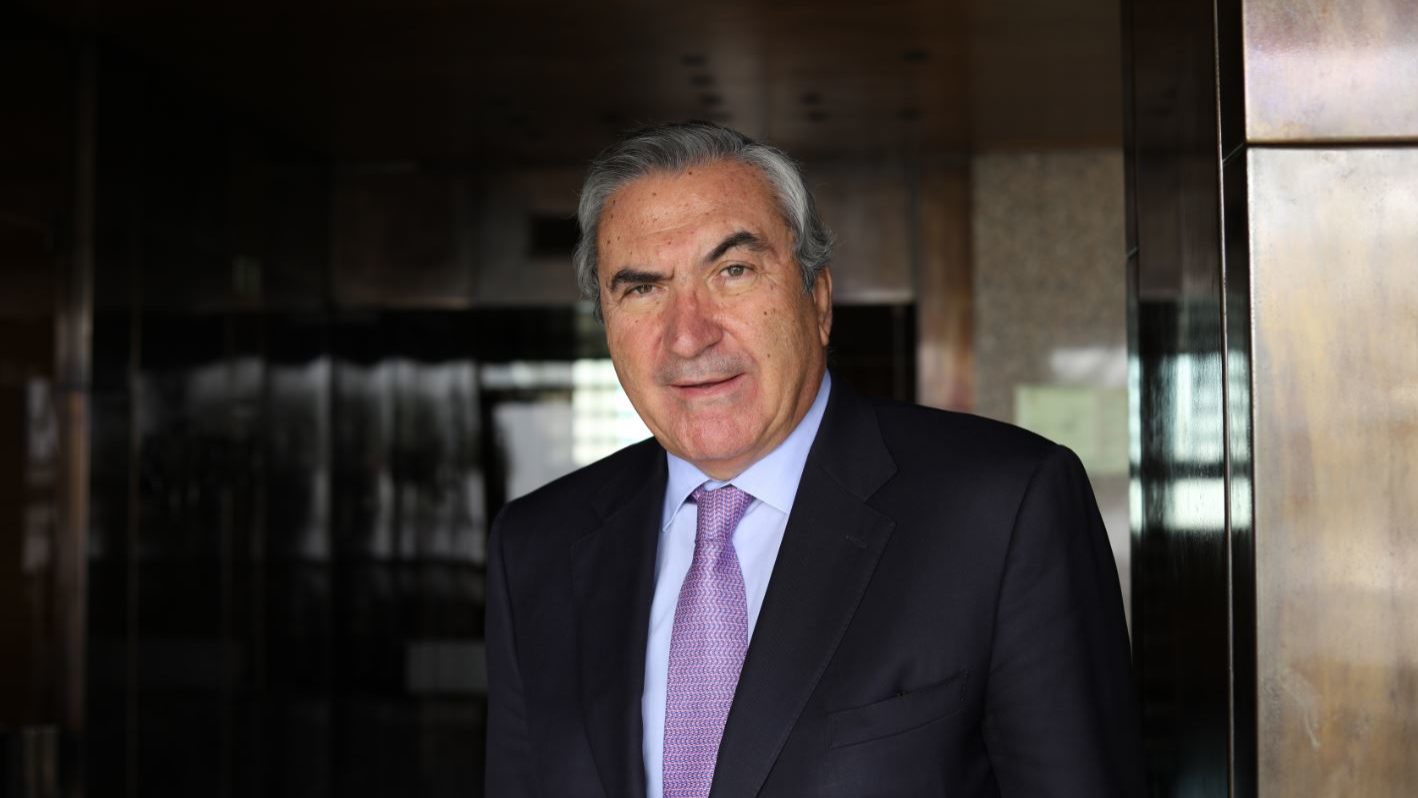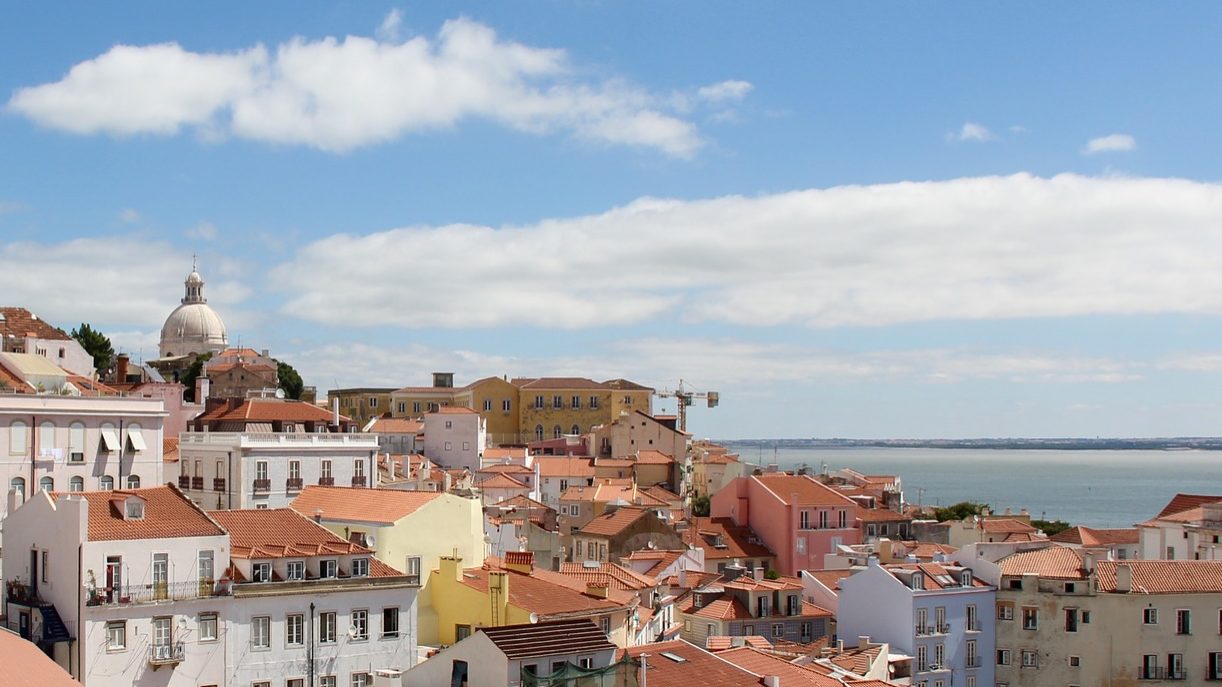One decade later, TAP “makes a profit”
The Portuguese airline TAP made a profit in 2016, the first time since 2007. Even though the numbers are not final, Humberto Pedrosa, TAP’s chairman, speaks of tens of thousands of euros.
TAP’s expectation of making a profit in 2016 is confirmed. Even though it is still not possible to disclose a definite number, Humberto Pedrosa, TAP’s chairman and shareholder, states, in an interview to ECO, that “2016 will have a positive balance, which last happened in 2007”, adding that “in 2015 we had a 99 million euros’ loss”.
The improvement is justified with the price of fuel and with the company’s stability, namely from the decrease in strikes, which had an impact in income because passengers seek alternatives. The Angolan debt, of “over 60 million euros”, also adds up to TAP’s balance.
Concerning fuel prices, Humberto Pedrosa states that TAP does not work currently fixed-priced oil: “Oil price was low and stable, but in the meantime it increased, which, comparing the current prices with 2015, can cause an increase of 80 million euros in costs”. TAP may suffer further losses next year if oil prices continue to rise: since there was a 15% increase in oil prices that needs to be compensated, tariffs may increase, although not significantly.
TAP has a low cost tariff, which helped regain some clients in the European market: “flights are fully booked”, stated Humberto Pedrosa. TAP will also have a low cost tariff for a section of the airplane: “we will have three classes within the same airplane, which is a good policy”. However, TAP is not considering creating a low cost sub brand for now. TAP also aims to decrease prices for long haul flights while continuing to make a profit, in compliance with its quality standards.
"TAP is well-known in the market, it has a good-quality service to maintain. TAP’s position is higher than low costs: security, quality service, and friendliness – that’s where TAP stands.”
Humberto Pedrosa highlights tourism as having largely contributed to last year’s profit. He believes Lisbon will continue growing – recalling the many hotels the city will have this year –, as well as Lisbon’s airport, which has been growing “two digits” year after year.
Portugal is very trendy, especially Lisbon and Oporto.




